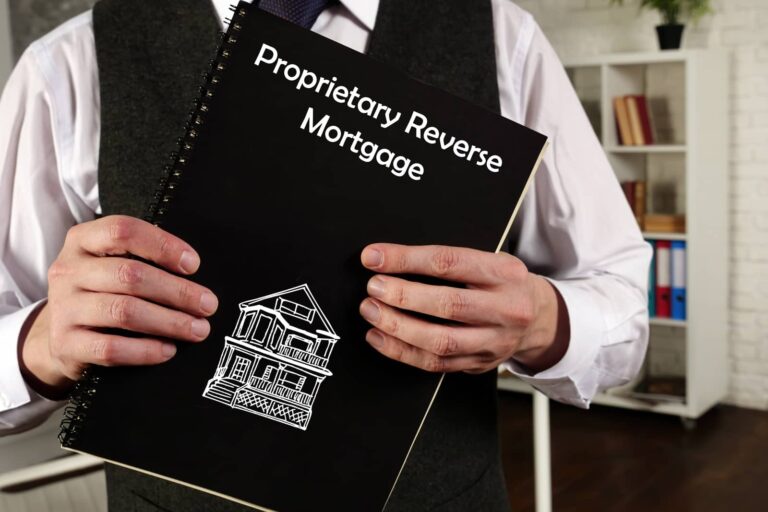Proprietary reverse mortgages are specialized financial products designed to help seniors access their home equity. Unlike federally insured Home Equity Conversion Mortgages (HECMs), proprietary reverse mortgages are privately insured and often offer higher loan amounts for more valuable properties. This article will guide you through the qualifications and considerations for opting for a proprietary reverse mortgage.
What is a Proprietary Reverse Mortgage?
A proprietary reverse mortgage is a type of reverse mortgage that is not insured by the Federal Housing Administration (FHA). It is backed by private lenders and can offer higher loan limits compared to HECMs. These loans are ideal for homeowners with high-value properties who need a larger amount of equity release, notes leading property management company, California Realty Management group.
Who Qualifies for a Proprietary Reverse Mortgage?
1. Age Requirement
To qualify for a proprietary reverse mortgage, borrowers must be at least 62 years old. This age requirement is consistent with other reverse mortgage types, as it is designed to ensure that the borrower is nearing retirement age.
2. Homeownership
Borrowers must own their home outright or have a low remaining mortgage balance. If there is an existing mortgage, it must be paid off with the proceeds from the proprietary reverse mortgage.
3. Primary Residence
The property must be the borrower’s primary residence. Proprietary reverse mortgages are not available for vacation homes or rental properties.
4. Property Type
Proprietary reverse mortgages can be used for single-family homes, multi-family homes with up to four units, and certain types of condominiums. However, the property must meet the lender’s specific criteria and appraisal standards.
5. Creditworthiness
While proprietary reverse mortgages are less stringent on credit scores compared to traditional loans, lenders will still evaluate the borrower’s credit history. The focus is more on the ability to maintain the property and keep up with insurance and taxes.
6. Income and Financial Assessment
There is no specific income requirement for a proprietary reverse mortgage, but lenders will assess the borrower’s overall financial situation. This includes reviewing the borrower’s ability to manage property-related costs such as taxes, insurance, and maintenance.
Benefits of a Proprietary Reverse Mortgage
- Higher Loan Limits: Proprietary reverse mortgages often provide access to a larger portion of home equity, making them suitable for high-value properties.
- Flexibility: These loans may offer more flexible terms and conditions compared to FHA-insured reverse mortgages.
- No Monthly Payments: Borrowers do not make monthly mortgage payments, which can ease financial pressure during retirement.
Considerations Before Opting for a Proprietary Reverse Mortgage
- Costs and Fees: Proprietary reverse mortgages can have higher fees and closing costs compared to HECMs. It’s important to review these costs carefully.
- Availability: Not all lenders offer proprietary reverse mortgages, so finding a lender that provides these products may require additional research.
- Impact on Inheritance: Since the loan is repaid with the home’s sale, it may affect the inheritance left to heirs.
Conclusion
Proprietary reverse mortgages offer an excellent option for seniors with high-value homes seeking to access more of their home equity. By meeting the age, homeownership, and property criteria, qualified borrowers can benefit from higher loan limits and flexible terms. As with any financial decision, it’s important to consult with a financial advisor to determine if a proprietary reverse mortgage aligns with your retirement goals.
